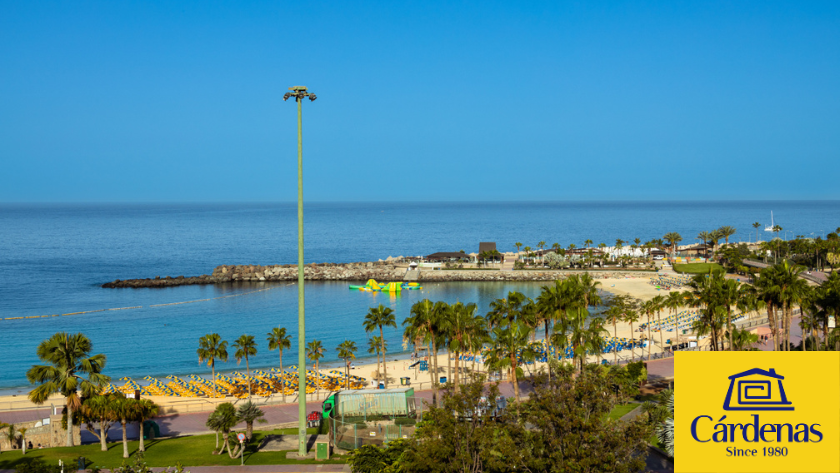
The Canary Islands government has now significantly cut inheritance and donation tax rates for non-residents. The changes came into force on January 1st, 2016. The Canarian government now reimburses up to 99,9% of the Impuesto de Sucesiones y Donaciones that is paid by spouses, direct ancestors and descendants, residents of the European Union or European Economic Area, upon receiving an inheritance or donation that is formalised in front of a notary. This is a welcome return to the state of inheritance tax before 2012 when the Canarian government reimbursed 99.9% of the Impuesto de Sucesiones y Donaciones owed by family members. It has now been extended to non-residents taxpayers in Spain, and residents of the European Union or European Economic Area. Due to tax law changes dating from 1st, January 2015, non-tax residents in Spain and residents of the European Union or European Economic Area will be able to take advantage of the tax benefits established by the Canary Islands autonomous region. For donations, the reimbursement will be applied if the property is situated in the Canaries. For inheritance, if the deceased was resident in the Canaries or if the deceased was non-resident in Spain but most of the Spanish properties or goods are situated in the Canaries. This change brings the Canary Islands into line with other provinces of Spain, such as Madrid, that already reimburses up to almost 100% of the tax.
Other Tax reductions
Capital gains tax for non/tax residents
The rates applicable to capital gains from the sale of assets by non-residents were reduced from 21% to 20% in 2015 (19,5 % as of 12th, July 2015) and to 19 % in 2016 (the latter independently from the residence in other member states of the EU or the European Economic Area). Before 12th, July 2015, the gains or losses obtained from the sale of property were taxable for tax residents as a savings income, at a rate of 20% for the first 6.000 Euros, 22% from 6.000 to 50.000 Euros and 24% from that last amount upwards. As from 12th, July 2015, the rate will be 19,5% for the first 6.000 Euros, 21,5% from 6.000 to 50.000 Euros and 23,5% from that last amount upwards. As of 2016, those rates are 19%, 21% and 23%, respectively. Tax-free reinvestment A major novelty of the law that came into effect in January 2015 is that residents of EU and EEA countries (with which Spain has an effective exchange of tax information) don't have to pay capital gains tax on the proceeds of the transmission of a property that was their “permanent” domicile in Spain. The tax exemption applies provided the total amount obtained from the sale is invested again in another permanent home in Spain, under the same conditions as those applicable to tax residents in Spain and also in another EU or EEA country. For a property to be considered a permanent domicile, it is necessary to live in it for 3 years, and to have a "certificado de empadronamiento" certificate from the Town Hall. The tax office could request further proof of residence such as regular water/electricity consumption during the 3 years prior to the selling. The amount must be re-invested within a term of 2 years prior to or following the sale, the transmitted property must have been the “principal” residence of the taxpayer for a continuous period of at least 3 years and he/she must start living effectively and permanently in the new home within 12 months from the date of purchase or the date of completion of the works, as the case may be. A property buyer's obligation to retain 3% of the property price when the seller is a non-resident remains unchanged as well as the seller’s obligation to present a capital gain tax return with the amount payable – or refundable in the case of loss; However in the near future, if the reinvestment has taken place prior to the transmission, it may be taken into account to calculate the corresponding tax amount. If you have any doubts about the taxes rates when buying or selling property in Gran Canaria, please contact our specialist legal and tax office.
































































